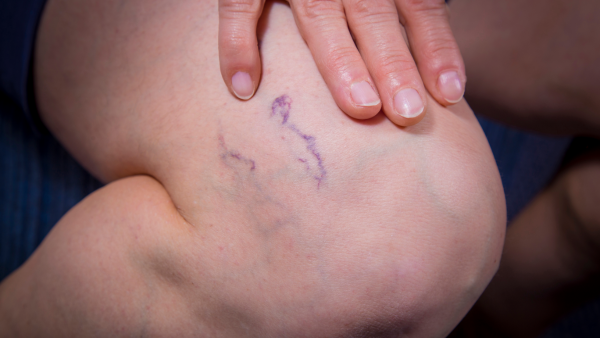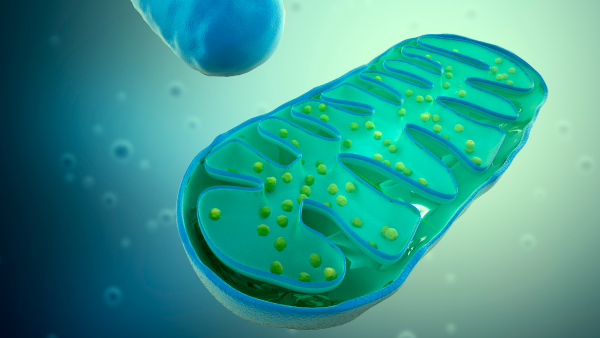Healthy skin is optimally supplied with nutrients that are important for the skin. If these nutrients are lacking, skin problems will inevitably arise. Dry skin can be the result, or a tendency to eczema and problems with wound healing.
If the skin becomes dry, it is not optimally moisturized. Nutrients can help increase the moisture content of the skin in various ways.
Hyaluronic acid
Hyaluronic acid has the unique ability to bind very large amounts of water. It can bind 1000 times its own volume of water! Therefore, it is not surprising that hyaluronic acid seems to work wonders on dry skin. [1]
Omega-3
Omega-3 fatty acids may help strengthen the skin barrier. Studies suggest that omega-3 may increase the moisture content of the skin. [2]
Vitamin A
Vitamin A is the skin vitamin par excellence. It is involved in the production of collagen and is important for the formation and repair of new skin cells. [3] A deficiency in vitamin A can cause many skin problems.

Vitamin E
Vitamin E is found in almost every skin cream – and for good reason. Vitamin E strengthens the skin barrier and thus appears to improve the skin's water retention capacity and moisture content. [4]
B vitamins
B vitamins have many important functions in the skin.
Biotin is involved in the formation of keratin, which is part of the outer layer of skin, the epidermis. A deficiency in biotin can cause skin problems. [5]
Vitamin B3 appears to be important for the skin barrier. Vitamin B3 is involved in the formation of ceramides, which form a natural protective barrier and prevent water loss. [6]
A precursor of pantothenic acid (vitamin B5) is often added to skin creams. For good reason: It is said to bind water in the skin and strengthen the skin barrier, thereby retaining moisture in the skin. It also appears to promote wound healing. [7]
Vitamin C
Vitamin C also appears to be able to stimulate the production of ceramides and thus strengthen the skin barrier. Vitamin C is also involved in the formation of collagen. [8]
Collagen
Collagen is the most common protein in connective tissue: it is found in skin, cartilage, bones, tendons and ligaments. In the skin, it seems to be responsible for elasticity and a youthful appearance. [9] The body can produce collagen itself, but production decreases significantly with age.
zinc
Dry, cracked corners of the mouth are a typical symptom of zinc deficiency. Zinc is very important for the skin; among other things, it has an anti-inflammatory effect and is involved in wound healing. [10]
Vitamin D
Dry, flaky skin can indicate neurodermatitis or psoriasis – two inflammatory diseases. A lack of vitamin D can promote the development of these skin diseases. [11]
Conclusion: Beautiful skin is well supplied with nutrients
Many nutrients are involved in the formation and maintenance of skin. For example, they are important for the skin barrier and help to retain moisture in the skin. If you have dry skin, you should pay particular attention to ensuring you have a good supply of these nutrients.
[1] https://onlinelibrary.wiley.com/doi/10.1111/dth.15903
[2] https://pubmed.ncbi.nlm.nih.gov/21088453/
[3] https://www.ncbi.nlm.nih.gov/pmc/articles/PMC6791161/
[4] https://pubmed.ncbi.nlm.nih.gov/9706379/
[5] https://pubmed.ncbi.nlm.nih.gov/29438761/
[6] https://onlinelibrary.wiley.com/doi/10.1111/j.1473-2130.2004.00115.x
[7] https://pubmed.ncbi.nlm.nih.gov/21982351/
[8] https://www.frontiersin.org/articles/10.3389/fphys.2018.00819/full
[9] https://www.ncbi.nlm.nih.gov/pmc/articles/PMC8824545/
[10] https://pubmed.ncbi.nlm.nih.gov/30801794/
[11] https://karger.com/spp/article/31/2/74/305031/Vitamin-D-and-the-Pathophysiology-of-Inflammatory

















